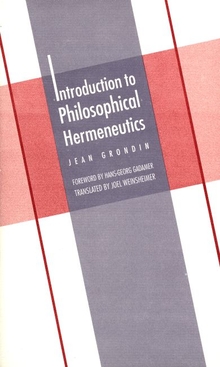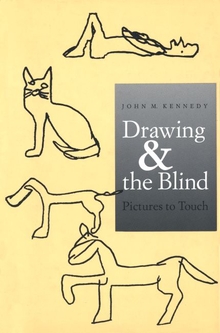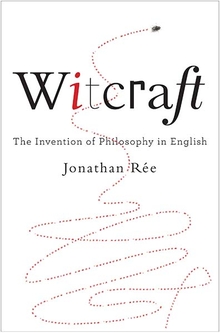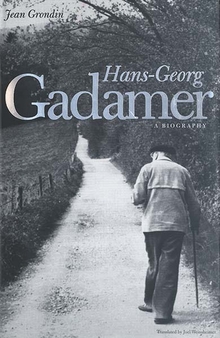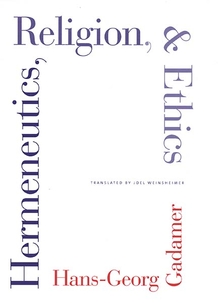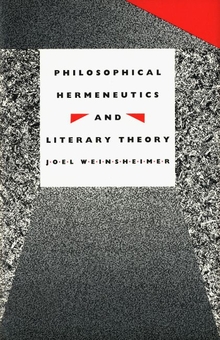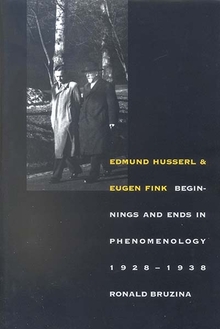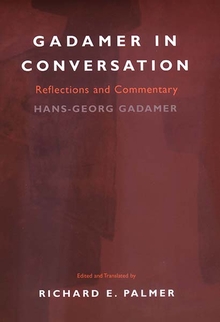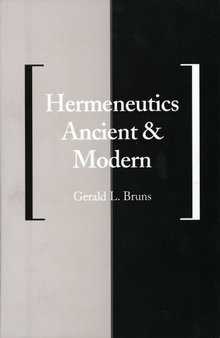Introduction to Philosophical Hermeneutics
WARNING
You are viewing an older version of the Yalebooks website. Please visit out new website with more updated information and a better user experience: https://www.yalebooks.com
Jean Grondin; Translated by Joel Weinsheimer; Foreword by Hans-Georg Gadamer
Out of Print
Grondin begins with brief overviews of the pre-nineteenth-century thinkers Philo, Origen, Augustine, Luther, Flacius, Dannhauer, Chladenius, Meier, Rambach, Ast, and Schlegel. Next he provides more extensive treatments of such major nineteenth-century figures as Schleiermacher, Böckh, Droysen, and Dilthey. There are full chapters devoted to Heidegger and Gadamer as well as shorter discussions of Betti, Habermas, and Derrida. Because he is the first to pay close attention to pre-Romantic figures, Grondin is able to show that the history of hermeneutics cannot be viewed as a gradual, steady progression in the direction of complete universalization. His book makes it clear that even in the early period, hermeneutic thinkers acknowledged a universal aspect in interpretation—that long before Schleiermacher, hermeneutics was philosophical and not merely practical. In revising and correcting the standard account, Grondin's book is not merely introductory but revisionary, suitable for beginners as well as advanced students in the field.
"Grondin's work . . . comes highly recommended for his grasp of hermeneutics' core issues and his willingness to take a position on the contributions of past thinkers and present critics rather than pretend an impossible objectivity in discussing them."—Bennett Lovett-Graff, Canadian Philosophical Review
"This book is destined to become a firsthand working instrument for all those who wish to initiate themselves to the discipline."—Jean Greisch, Revue des sciences philosophiques et theologiques
"A remarkably useful history of hermeneutics, clearly written so as to be accessible to students, yet sophisticated enough in its argumentation to be of interest to scholars."—Michael L. Raposa, Lehigh University, Religious Studies Review
"[Grondin] resurrects forgotten hermeneutic theorists, leads us to rethink our views of others, and greatly enriches our understanding of Gadamer's work."—Georgia Warnke, Philosophical Review
Publication Date: November 30, 1994

